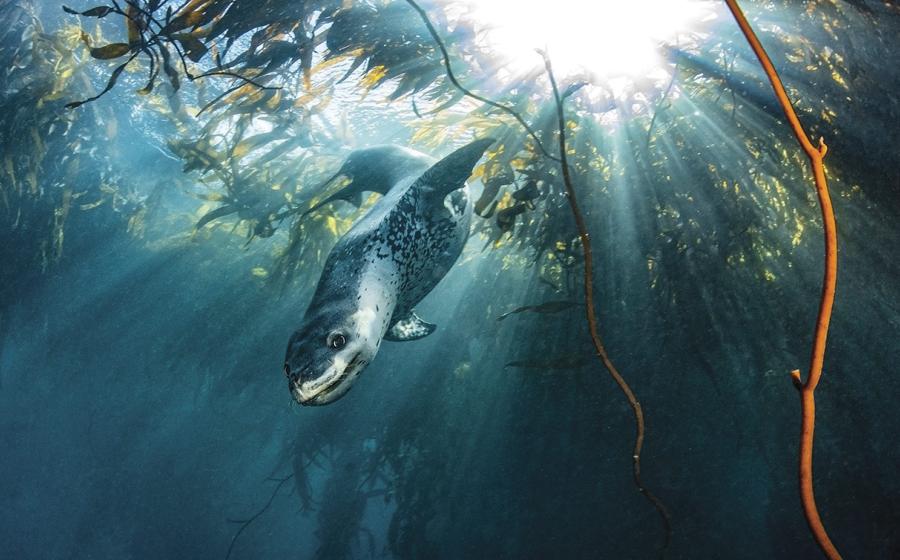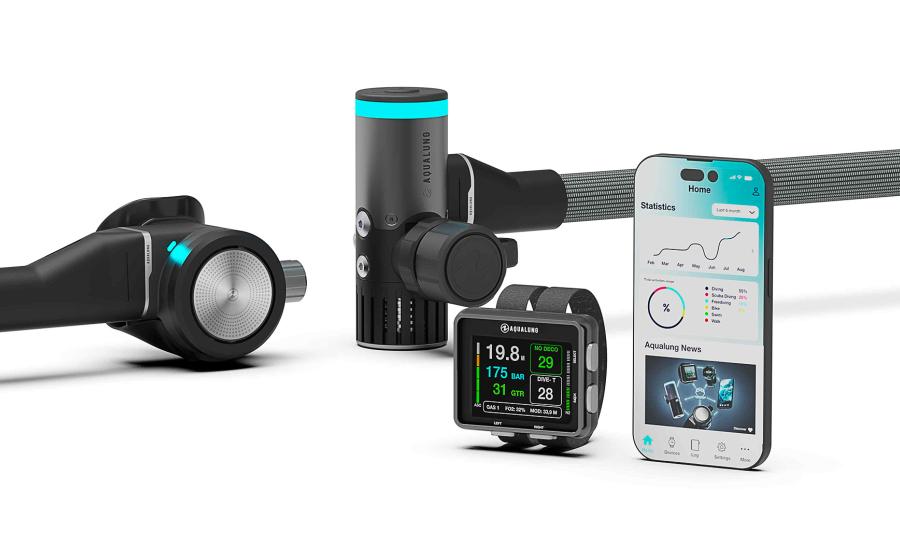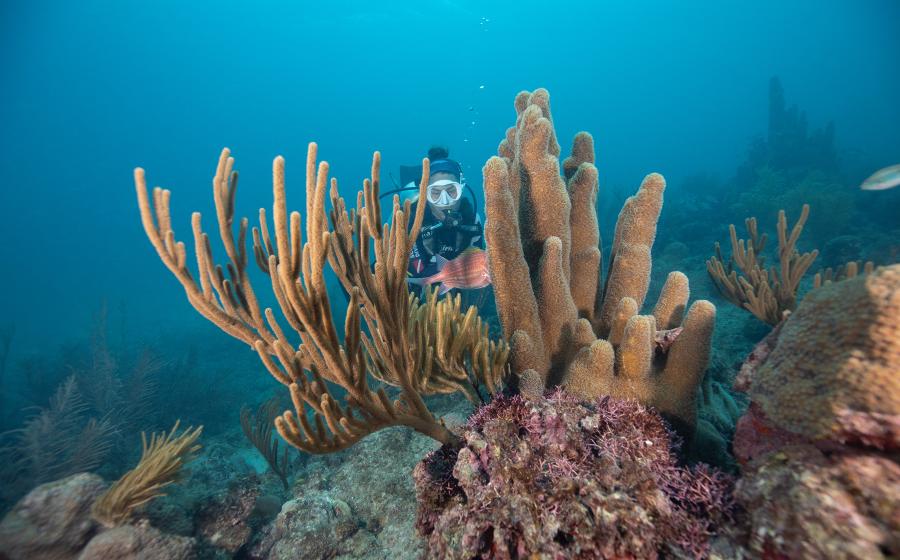The 2013-14 Rolex Scholars
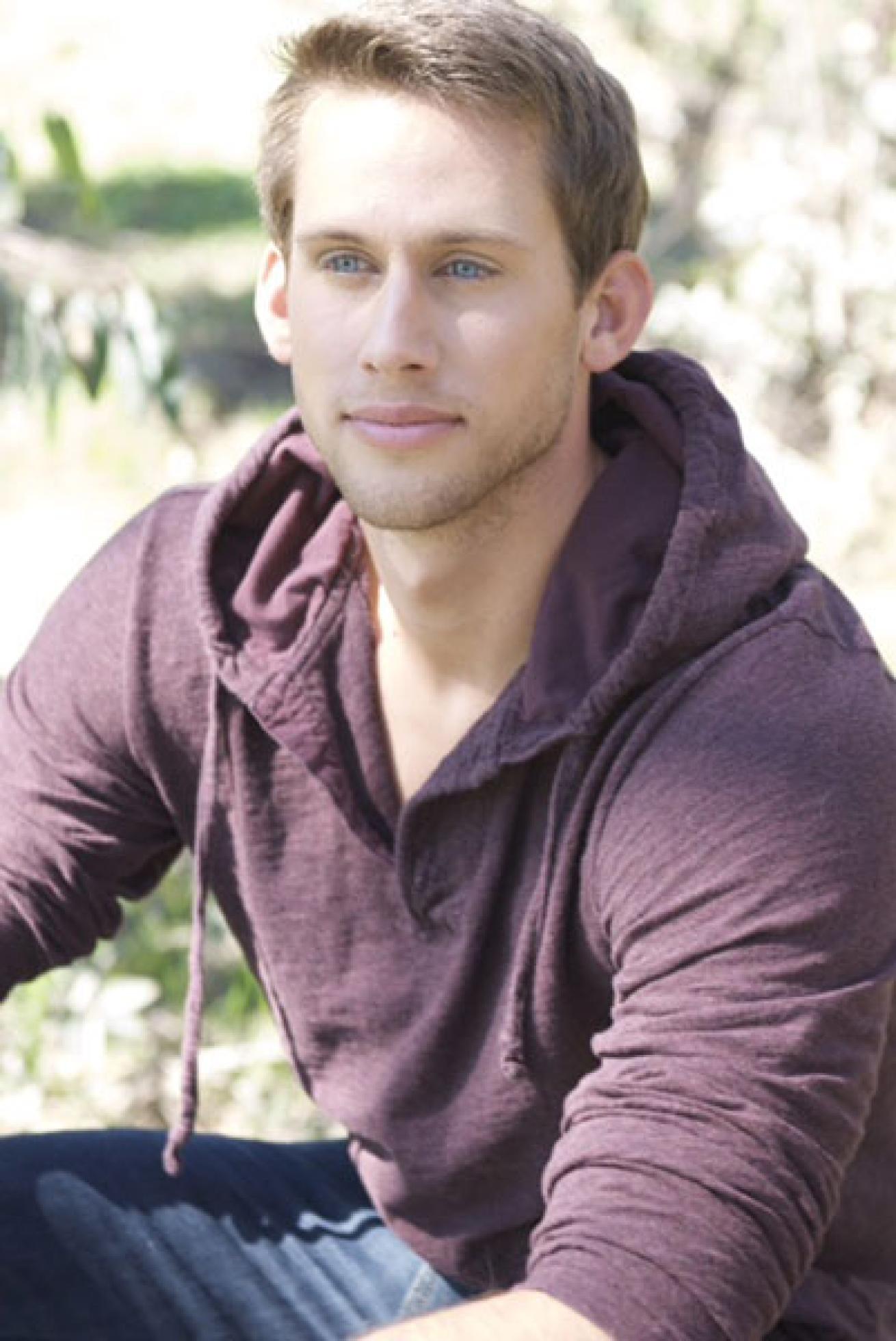
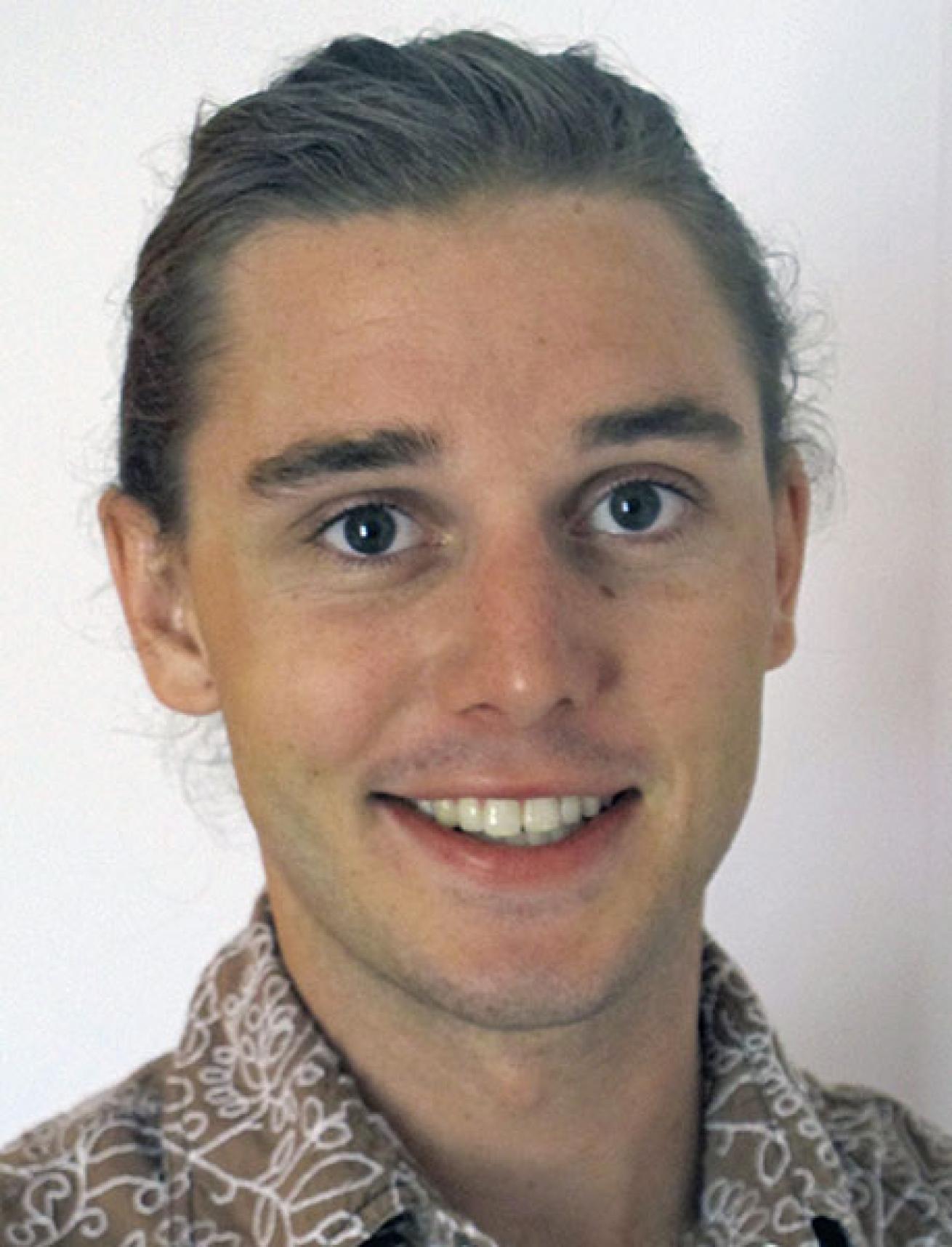
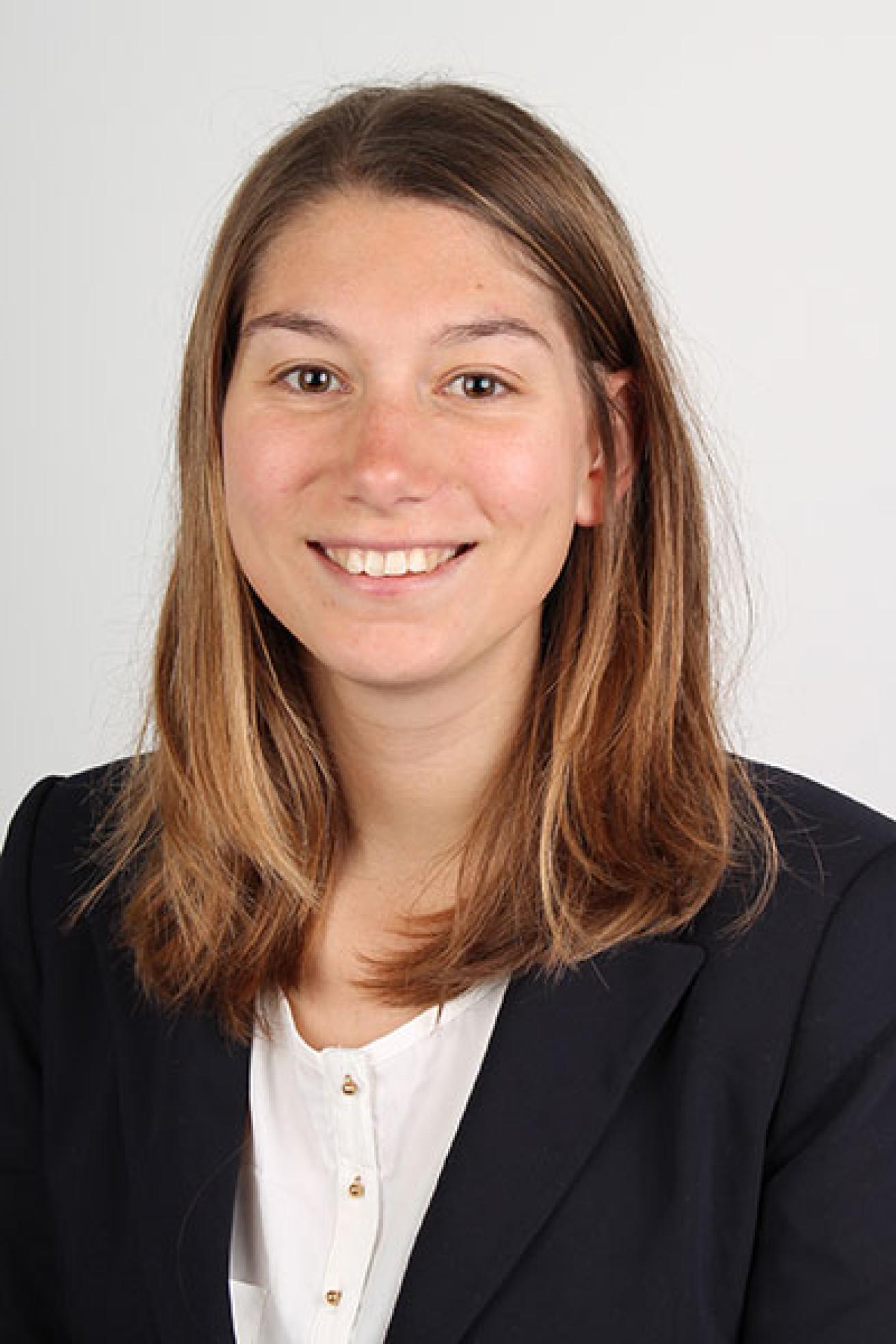
Our World-Underwater Scholarship Society's new 2013-14 scholars are Jeff Hester, the North American Rolex Scholar, Stephan Andrews, the Australasian Rolex Scholar, and Chloé Maréchal, the Eurpoean Rolex Scholar.
For more than 35 years, a diverse group of divers, marine scientists and underwater explorers known as the Our World-Underwater Scholarship Society has been engaged in a unique mission: to identify and develop the next generation of dive leaders and underwater researchers.
Each year, the Scholarship Society offers three prestigious Rolex Scholarships to outstanding young people who show a demonstrated interest in underwater-related careers. The recipients work with international experts in scuba diving, conservation, underwater photography, engineering, maritime archaeology, and other related fields.
“Our goal is to foster the development of future leaders of the underwater environment,” says George Wozencraft, President of the Scholarship Society.
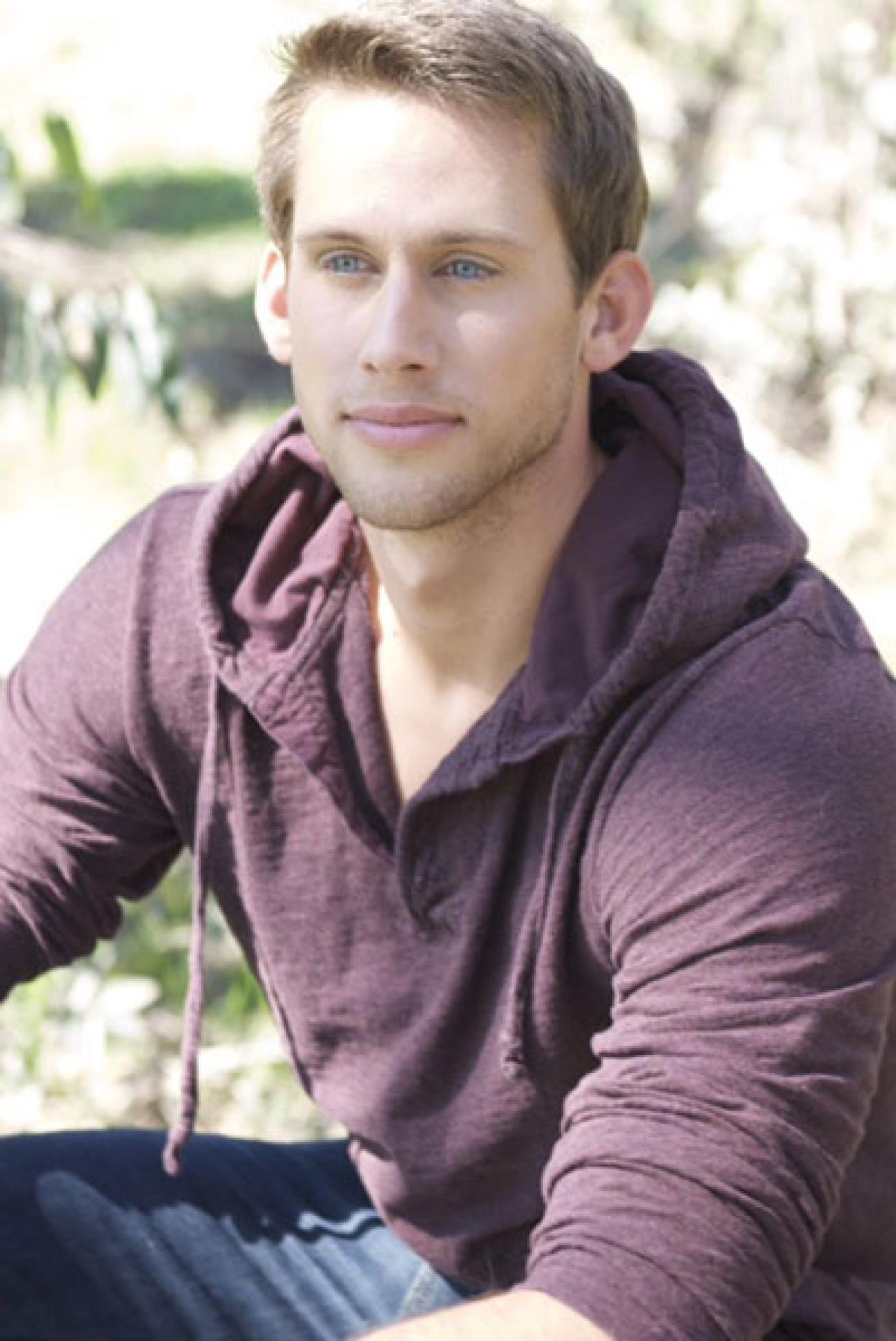
Jeff Hester is the 2013-14 North American Rolex Scholar
Jeff Hester, 24, was born in Anaheim, California, and moved to Portland, Oregon, when he was 10 years old. He developed a love for the water early on and would dive for keys, coins or other trinkets at the local pool at the ripe age of 2. Growing up, Jeff developed an insatiable love of the ocean through books pertaining to marine animals or life at sea as well as visits to the tide pools at nearby Cannon Beach. A yearning for exploration of the underwater world fueled his desire to learn how to SCUBA dive after moving to sunny San Diego to attend Point Loma Nazarene University.
During his college career, Jeff competed on the varsity track and field team, earning All-American honors in the decathlon at the national championships his senior year. He interned with the Scripps Institution of Oceanography in a coral reef ecology lab that was developing a non-invasive method to measure surface area using photography to create 3-dimensional models. The following year, driven by his love for diving and marine science, Jeff sought opportunities for underwater research through the National Science Foundation-funded Research Experience for Undergraduate (REU) programs. He was selected for an AAUS diving internship with the Shannon Point Marine Center in Anacortes, Washington, to survey and assess pinto abalone outplant sites in the San Juan Islands, as part of an effort to restore their population. During that summer, he completed his advanced, nitrox, drysuit, rescue and AAUS scientific diving certifications. Since then he has added wreck and divemaster certifications to his credentials.
In his final year of college, Jeff conducted senior thesis research with the National Oceanic and Atmospheric Administration (NOAA)/Southwest Fisheries Science Center (SWFSC) investigating heavy metal concentration in the long-beaked common dolphin (Delphinus capensis) and how it related to their health. After graduating with a BS in Biology he was hired by NOAA as a lab technician in a marine mammal genetics lab. He uses genetic techniques to study Gray Whale and Beaked Whale population structure.
Through all of these experiences, Jeff has developed a passion for diving and marine biology. He is eager to work with leaders in these fields so that he can better understand the issues faced by the oceans and what we, as the human race, can do about them. He wants to make a positive difference in this world and in the oceans that are all too often taken for granted, by instilling in others the same love and curiosity for the ocean that he has. He feels that he has the responsibility and privilege to share
what he has been taught so that others may understand, love, and in turn, conserve.

Stephan Andrews is the 2013-14 Australasian Rolex Scholar
Stefan Andrews, 24, grew up in sunny South Australia where the ocean played a major role influencing his life from an early age. Scuba diving instantly captivated his attention and extended his world to appreciate the huge diversity of life that his local waters supported. Throughout his time studying Marine Biology at the University of Adelaide, Stefan connected with other enthusiastic young divers keen to explore, learn and gain diving experience and qualifications. Stefan developed his boating and diving leadership skills planning trips to a variety of ship wrecks and reefs right throughout the state and by his final year of university, he was ready for his scuba diving instructor course in the isolation of Vanuatu in the South Pacific.
On completion of his undergraduate studies, the young marine biologist, diving instructor moved to Cairns in tropical North Queensland to work on a busy daytrip vessel to the Great Barrier Reef where he thrived on each day’s challenge of taking excited tourists on their first ever diving experience while educating them about the fish species, corals and environmental threats. Throughout his time in Cairns, Stefan was inspired by fellow instructors to continue his journey of exploration of new places, cultures and people which took him to a tiny island in Thailand’s Andaman Sea, named Koh Phi Phi. The relaxed atmosphere of island life enabled Stefan to provide a more personalised diving experience for his students and truly express his deep passion for diving through every diver he met.
Throughout his time in Thailand, environmental concerns raised by other experienced and well-traveled divers resonated strongly within his mind as he was unremittingly reminded of the destruction of aquatic environments worldwide. The confronting reality that the structure and health of this newly discovered underwater world was declining at such a rapid rate instilled within him a devastating realisation. At this point, Stefan embraced his marine biology background and began volunteering as a research assistant in Western Australia, working on projects involving the ecology of important habitat forming seaweeds which structure temperate water ecosystems.
Stefan has recently completed his own research project as part of his honours degree at the University of Western Australia, involving a latitudinal study of seaweed recruitment over several hundred kilometers of isolated coastline. Now with the experience of over 2000 dives, Stefan feels strongly that scuba diving connects people with their environment and is influential to the way people live. He suggests that the more people are aware of what lies under the ocean, how they can have access to it and how they may be able to help, the more people will be in favor of marine parks, environmental protection of marine life and develop a greater appreciation of the importance towards sustaining oceans for the future.
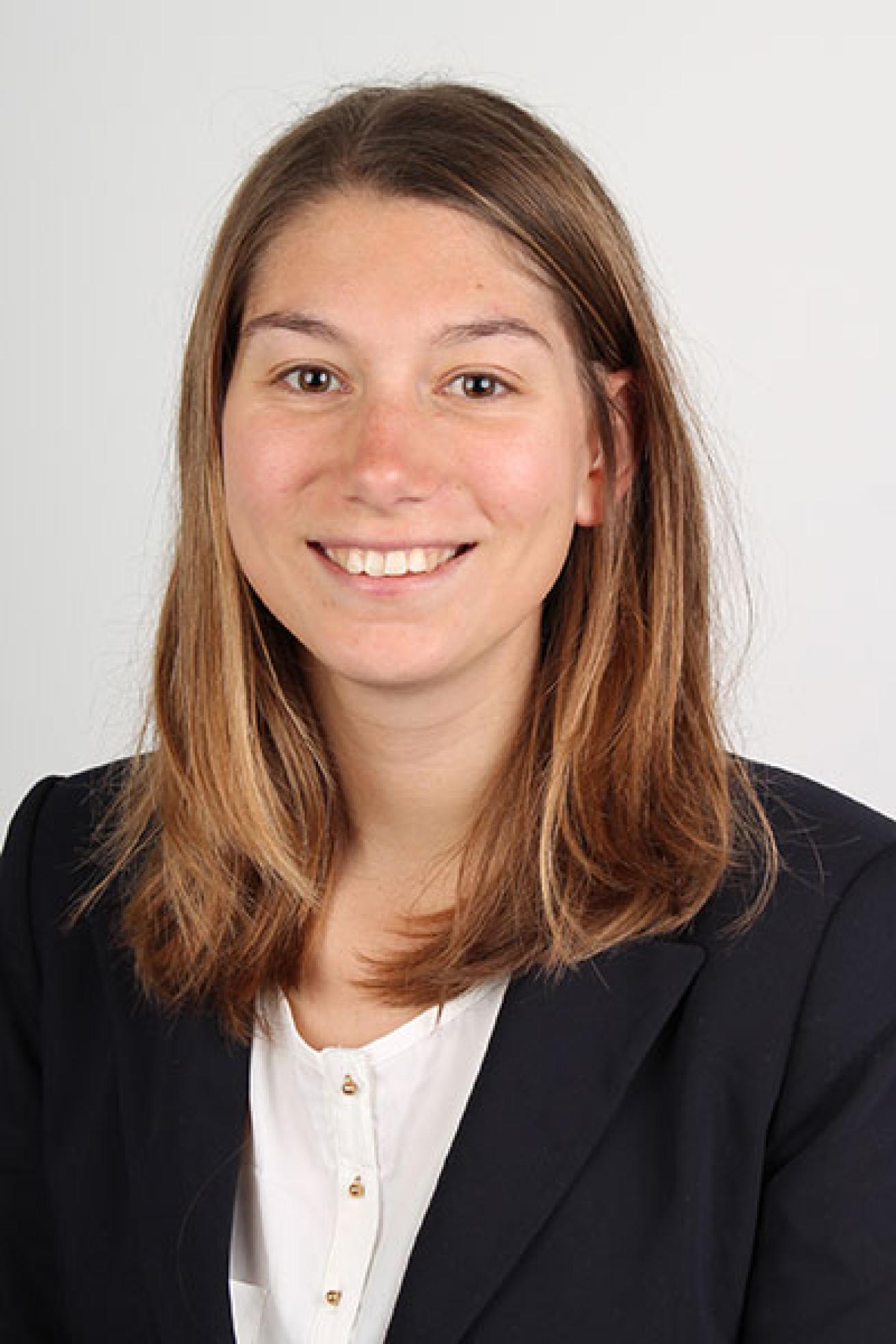
Chloé Maréchal is the 2013-14 Eurpoean Rolex Scholar
Chloé Maréchal, 24, of Lyon, France is a passionate diver currently pursuing an Erasmus Mundus Master of Science in Marine Biodiversity and Conservation.
Her curiosity for the Ocean started early when reading Jules Verne and watching Jacques-Yves Cousteau documentaries. She started diving at the age of 18 and has since been certified as a PADI divemaster, PADI scientific diver and GUE fundamentals diver.
Her love for the ocean grows every time she dives. She has around 150 dives in the Mediterranean (France), the English Channel (France), the Caribbean Sea (Guadeloupe), the Yellow Sea (South Korea), the Coral Sea (Australia), The Cerbres Sea (Malaysia) and the Atlantic Ocean (Portugal).
After completing a bachelor in Biochemistry, at Claude Bernard-Lyon 1 University (France) in July 2010, she decided to travel around Australia with the intention to learn English and dive the Great Barrier Reef. She also wanted to start having experiences in marine science so she choose to apply as a volunteer in different marine labs and had the chance to enjoy an internship in the Australian Institute of Marine Science (AIMS, Townsville). There, she worked on questions about the symbiosis between corals and nitrogen fixing bacteria. Since then she has developed a particular interest in marine microbiology and symbiosis relationship. This is why she chose to conduct her master thesis about microbial communities in sponges at the Center of Marine Science of the Algarve, Portugal.
She recently had the unforgettable experience to participate to a scientific expedition from Bremen, Germany to Cape Town, South Africa on board of the German research vessel Polarstern. She was part of a team working on the biodiversity and the activity of microbial biofilm in niches in the ocean.
Diving and science are not her only passion; she enjoys exploring new countries, discovering new cultures and meeting new people. Her master degree allows her to study in different countries as Portugal, Slovenia, Germany and Spain. In the last 3 years, she had the chance to work, travel or study in more than 10 countries on 4 continents. Those journeys expanded her worldview. She learned that cultural differences are more than just differences in language, food, appearances, and personal habits. A person's culture reflects very deep perceptions, beliefs, and values that influence his or her way of life. Her education and her travel made her realise how much marine biodiversity is important in an ecological, aesthetic and cultural point of view. It provides a wide variety of goods and services including vital food resource for millions of people. She truly believes that using the ocean in a sustainable way is an urgent issue and understands other cultures help to make efficient decisions about costal management and conservation planning.
Chloé is passionate, hardworking, and she loves challenges. Her ultimate goal is to use diving to carry out research, exploration and conservation. She believes becoming the OWUSS Rolex European Scholar will help her to reach this goal and allow her to spread her passion for the ocean and diving and encourage people world-wide to help preserve and protect our ocean life.

